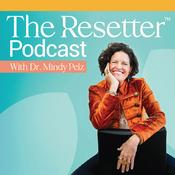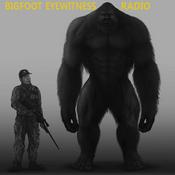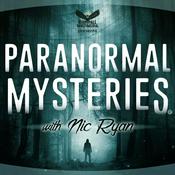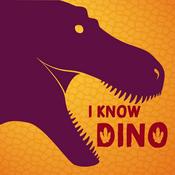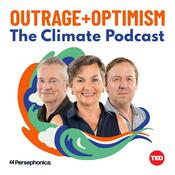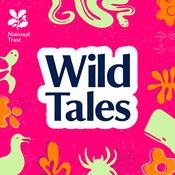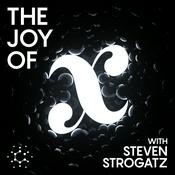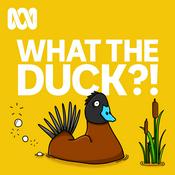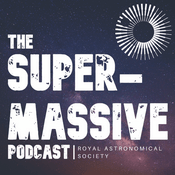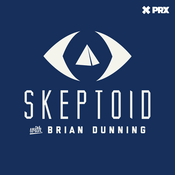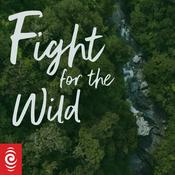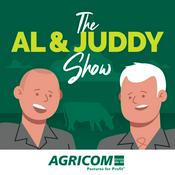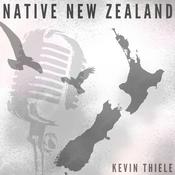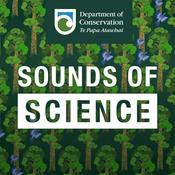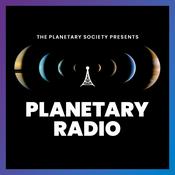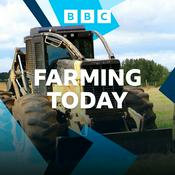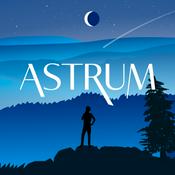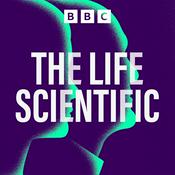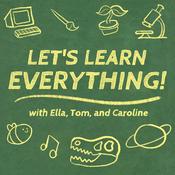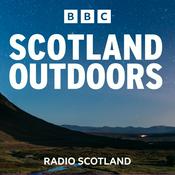73 episodes

#73 Niraj and The Carcass Café: How Carrion Shapes Wildlife Disease Risk (Australia)
14/12/2025 | 26 mins.
What if the biggest threat to Australia's wildlife during a disease outbreak might be lying dead in the bush? Join host Dr. Cat Vendl with Niraj Meisuria, a PhD student investigating one of disease ecology's most overlooked frontiers: scavenging and carcasses.From wedge-tailed eagles brawling over kangaroo kills to brushtail possums turning carnivorous, Niraj reveals how carcasses act as ecological 'cafés', hotspots where wild dogs, dingoes, and domestic animals converge. His research in Cape York explores a sobering scenario: if rabies reaches Australia's remote north, could carcasses accelerate its spread through dingo populations?Discover why pathogens can persist in carcasses for months—or even years—and why understanding these hidden disease pathways could be critical for Australia's biosecurity.LinksCheck out the website Niraj's Disease Ecology Lab at Sydney Uni here.We'd love to hear from you ... share your thoughts, feedback and ideas.

#72 Ana Maria and the sloths (Costa Rica)
30/11/2025 | 22 mins.
Dr Ana Maria Villada has spent years unraveling the mysteries of sloths—creatures so physiologically unique that they're closer to chimpanzees than they are to each other. But her work treating electrocution injuries, creating rope highways through fragmented forests, and tracking hand-raised orphans released into the wild reveals something surprising: sloths are far more adaptable than science once believed.Right now, Ana is in Uzbekistan fighting to protect sloths from international wildlife trade. Yet back in Costa Rica, her biggest challenge isn't the dramatic rescues, it's answering a fundamental question: we still don't know if sloth populations are thriving or declining in the wild.Discover how the Sloth Institute's "sloth speedways" benefit jaguars, monkeys, and porcupines. Hear why hand-raised sloths can survive in the wild. And learn what makes treating a three-fingered sloth 31% more complicated than treating a two-fingered one.LinksLearn more about the Sloth InstituteAna Maria's professional Instagram page.Check out more details about Ana Maria's PhD at Andres Bello University, Chile. Read the press release and information about sloth trafficking for CITES here.UPDATE: SLOTHS HAVE BEEN LISTED ON APPENDIX II BY CONSENSUS!!!! This is a huge win for future conservation efforts! Check out the Instagram post here.We'd love to hear from you ... share your thoughts, feedback and ideas.

#71 Alex and the Bandicoots: Redefining the Wildlife Veterinarian (Australia)
16/11/2025 | 24 mins.
By day, Dr. Alexandria Bullen treats cattle and cats at a veterinary clinic on Tasmania's rugged northwest coast. By night, she's out tracking platypuses and bandicoots in the wilderness. In this episode, host Dr. Cat Vendl meets Alex at the Australasian WDA conference to explore how she bridges clinical practice with wildlife research.Discover why golf courses and urban dog parks are unexpected bandicoot hotspots, what a decade of platypus health monitoring reveals, and how Alex's research uncovered these marsupials' surprising cold tolerance. From her transformative Antarctic journey with Homeward Bound – where migrating seabirds reminded her how interconnected our world truly is – to volunteering with Vets Beyond Borders in Indonesia, Alex shares how stepping outside traditional veterinary roles opened doors she never imagined.With a PhD on quoll health ahead, Alex delivers an empowering message: you don't need fancy resources or prestigious positions to contribute to wildlife health. Life is a choose-your-own-adventure, and the key is refusing to let imposter syndrome hold you back.LinksLearn about Conservation Medicine in Regional Tasmania hereInterested to learn more about the homeward bound journey? Check it out here.We'd love to hear from you ... share your thoughts, feedback and ideas.

#70 Leanne and the Swift Parrot's Future: Reimagining Wildlife Health Before Crisis (Australia & Vietnam)
02/11/2025 | 27 mins.
What if we could prevent wildlife health crises instead of always racing to respond to them? Dr. Leanne Wicker has spent decades asking this question – from anesthetizing seals in Tasmanian car parks during lunch breaks to tracking ocean temperatures through Antarctic seal movements, from nearly a decade managing confiscated wildlife during Vietnam's bird flu outbreaks to pioneering the field of veterinary ecology back home in Australia.Through her work with critically endangered swift parrots, Leanne reveals how a single photo of a lonely nest tree standing in a logged forest transformed her approach to conservation. She's championing a radical shift: understanding that nest failure isn't just about numbers – it's about healthy parents, viable eggs, and well-fed chicks thriving in intact ecosystems. After experiencing the wildlife health frontlines across three continents, Leanne shares her vision for proactive conservation where veterinary expertise helps create conditions for wildlife to flourish, rather than waiting for disaster to strike.LinksCheck out Leanne's current employer and their work: Enviro-DynamicsLearn more about the swift parrot project here. We'd love to hear from you ... share your thoughts, feedback and ideas.

#69 Mya and the penguins (USA & Peru)
19/10/2025 | 23 mins.
From Peru's copper mines to penguin colonies, PhD candidate Mya Daniels-Abdulahad tracks a toxic trail that threatens an entire species. Winner of the 2025 BioOne Ambassador Award, Mya reveals how mining waste travels through ocean food chains – with iron accumulating at four times normal levels in Humboldt penguin eggs and cadmium weakening their shells.Working between Peruvian field sites and Chicago's Brookfield Zoo, Mya uncovers how penguin embryos become trapped in "toxic time capsules" while these vulnerable birds serve as sentinels for contamination affecting entire coastal ecosystems. Discover how populations crashed from hundreds of thousands to just 16,000 birds, and why zoo surplus eggs became crucial for understanding wild population risks in this compelling One Health story.LinksCheck out Mya's winning video hereMya's paper on the topicCheck out the lab's website Mya works with hereWe'd love to hear from you ... share your thoughts, feedback and ideas.
More Science podcasts
Trending Science podcasts
About Wildlife Health Talks
Listen to Wildlife Health Talks, The Rest Is Science and many other podcasts from around the world with the radio.net app
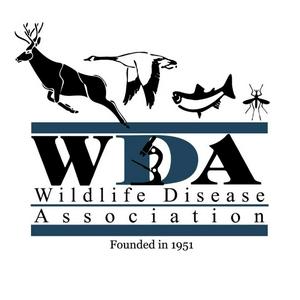
Get the free radio.net app
- Stations and podcasts to bookmark
- Stream via Wi-Fi or Bluetooth
- Supports Carplay & Android Auto
- Many other app features
Get the free radio.net app
- Stations and podcasts to bookmark
- Stream via Wi-Fi or Bluetooth
- Supports Carplay & Android Auto
- Many other app features


Wildlife Health Talks
download the app,
start listening.


